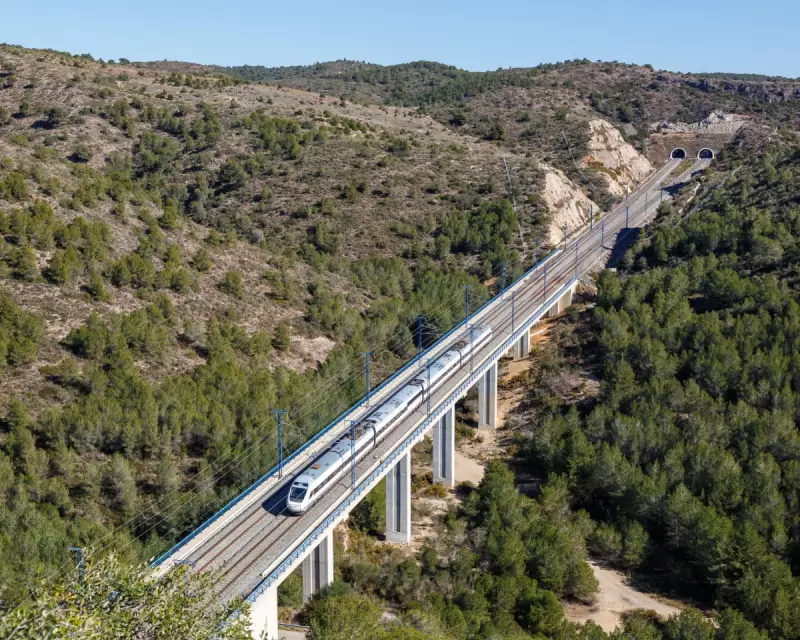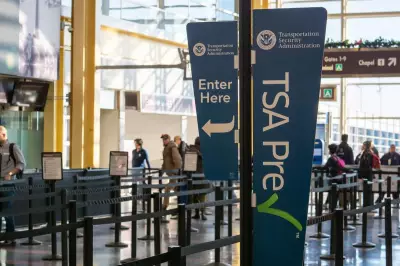
A revolutionary high-speed rail network connecting Europe's major cities in under two hours could become reality by 2040, according to an ambitious blueprint unveiled by European Commission researchers.
The Vision for Continental Connectivity
The comprehensive study outlines how existing and planned high-speed lines could be integrated into a seamless network spanning the continent. This transformative project would fundamentally reshape how Europeans travel for business and leisure.
Journey times between key city pairs would be dramatically reduced:
- Paris to Berlin in under 3 hours (currently 8+ hours)
- London to Frankfurt in under 4 hours
- Madrid to Barcelona in just 1.5 hours
- Amsterdam to Paris in approximately 2 hours
Environmental and Economic Benefits
The proposed network represents more than just convenience—it's a crucial component of Europe's sustainability strategy. By shifting passengers from short-haul flights to rail, the initiative could significantly reduce transport emissions while stimulating economic growth across member states.
"This isn't merely about faster trains," the report emphasises. "It's about creating a truly integrated European transport system that's both environmentally responsible and economically beneficial."
The Path to 2040
While the vision is ambitious, researchers stress that much of the necessary infrastructure already exists or is in development. The challenge lies in coordinating cross-border connections and standardising systems across different countries.
- Upgrading existing conventional lines to high-speed standards
- Building new international connecting lines
- Harmonising ticketing and booking systems
- Improving border crossing efficiency
The study comes as European nations increasingly recognise high-speed rail's potential to address both climate commitments and regional connectivity challenges. With proper investment and political will, the 2040 target appears increasingly achievable.






